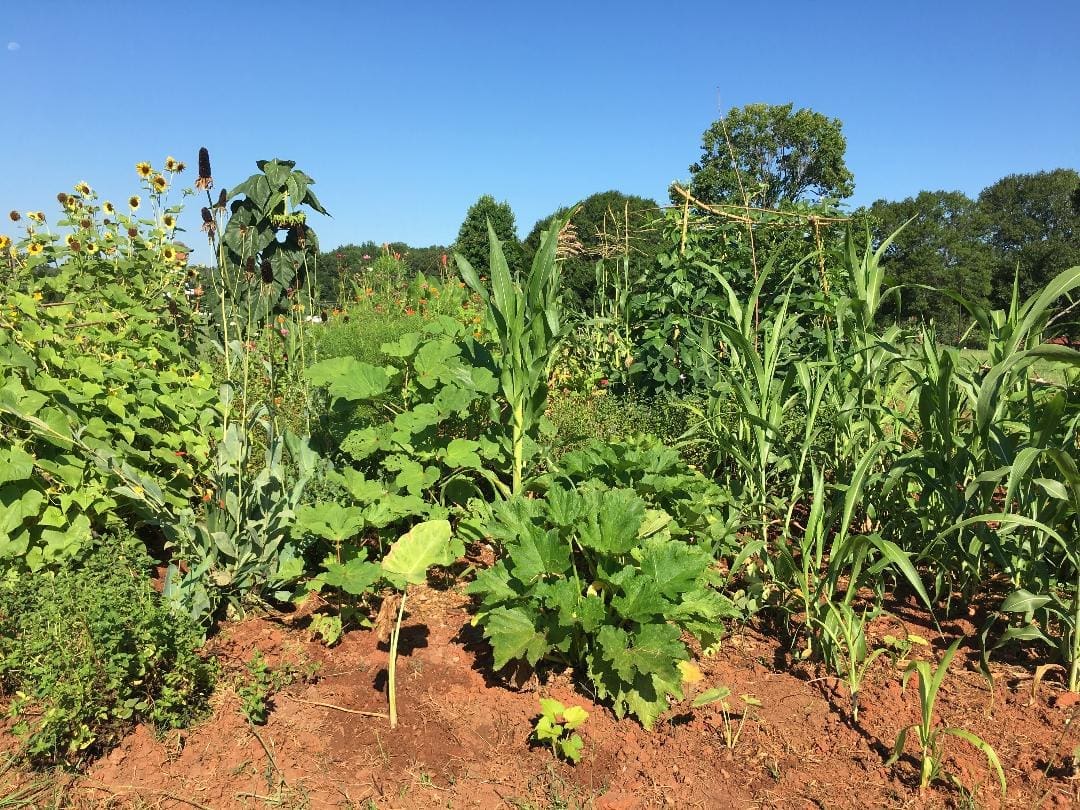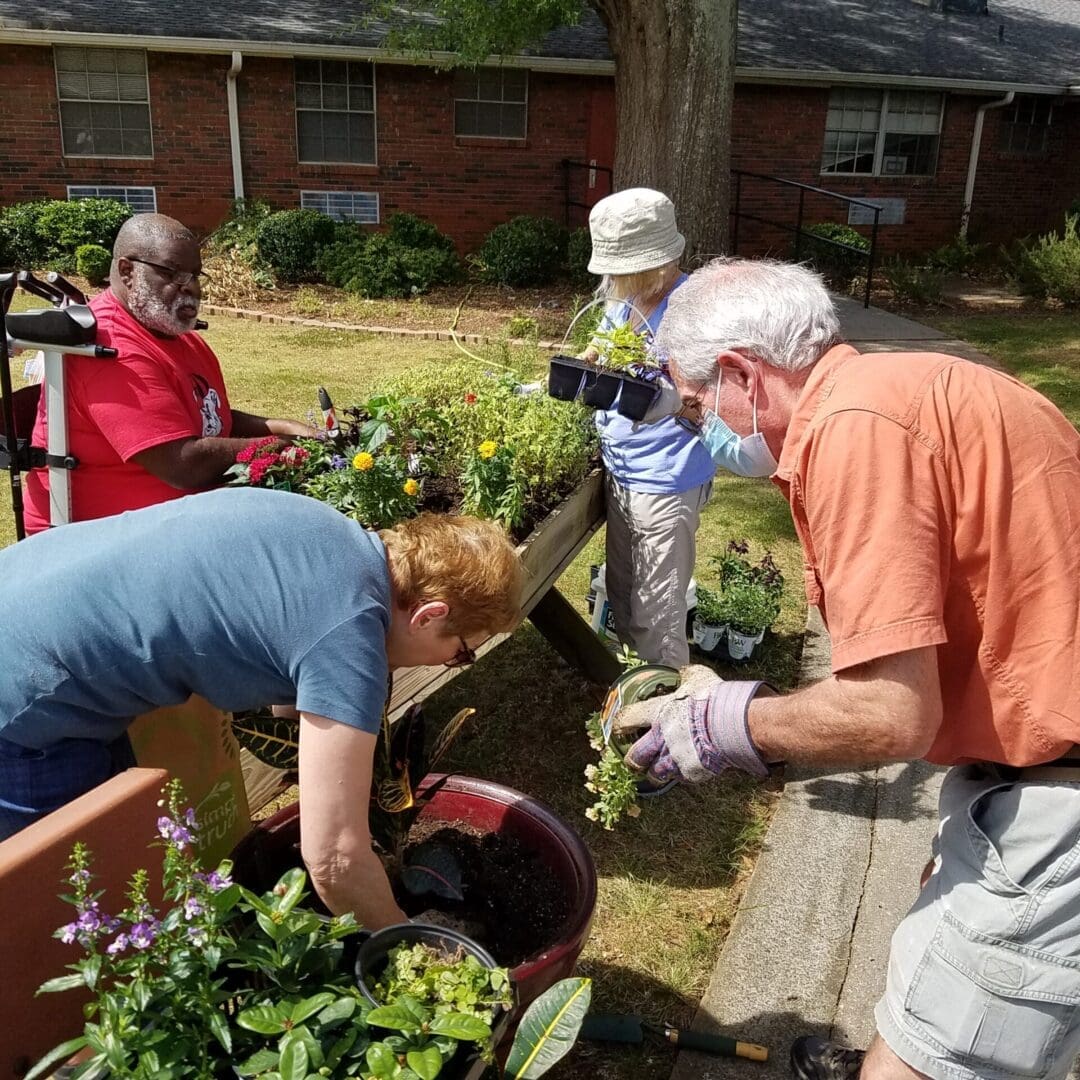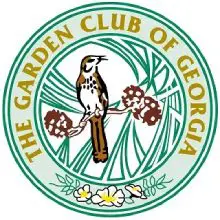


Garden Therapy
The Garden Therapy Program, launched in the early 1950s, supports therapeutic gardening activities for clients at Central State Hospital in Milledgeville, regional psychiatric hospitals in Atlanta, Augusta, Columbus, and Savannah as well as the veterans’ hospitals and homes in Dublin, Milledgeville, Atlanta, and Decatur. The program highlights the healing benefits of gardening.
We are expanding this program and asking clubs to become more actively involved with garden therapy projects at local hospitals, nursing homes, and senior centers. A garden club, a group of clubs, a council, or a district can sponsor a hands-on project using their own funds or other sources. Clubs may apply to GCG for a grant of $750 to help support the project. Garden Therapy Grant Application.
Projects must directly involve the facility’s clients in the therapeutic activity. Garden Club members do not have to lead the sessions themselves; facility staff can conduct the activities. However, the garden club(s) are responsible for oversight, monitoring the finances and ensuring the project is completed as planned.
If you have questions, please contact the Garden Therapy Chairman:
Glenndolyn Hallman
770-491-7398
gkh44@aol.com
We also ask each GCG Garden Club to donate to the state Garden Therapy fund to support the grant program. Clubs that donate $25 or more by March 1 receive a Certificate of Appreciation. Send checks to the GCG Treasurer with the Master Donation Form found on the Financial and Administrative Forms page.
Community Service Projects
There are many community service projects that clubs can perform to benefit those in need, although these projects are no longer a part of Garden Therapy. Volunteers are welcome to come once or on a regular basis to join in activities with the clients. Treats, snacks, and decorations are always welcomed, especially during holidays.
The "Fig Leaf Project" is another way that clubs can show kindness by donating new socks, underwear, and toiletry items to local facilities. These thoughtful gifts often reach residents who might not otherwise receive such items.
